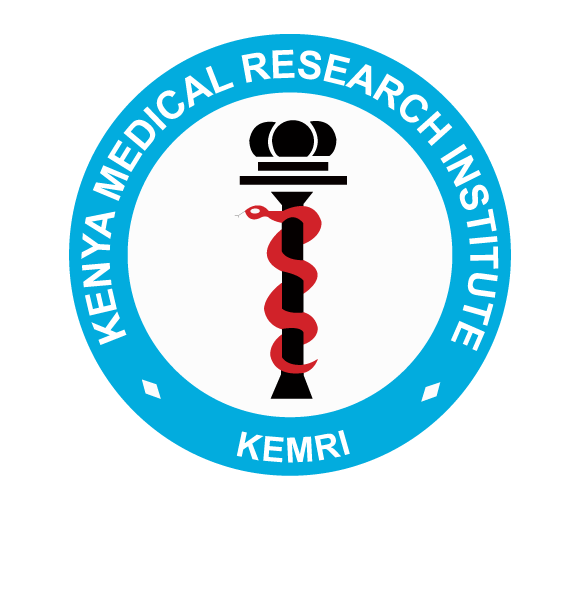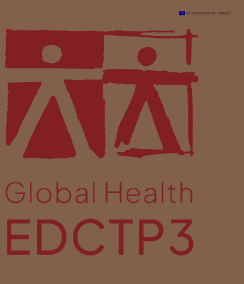Intestinal worms
A long history of unmet needs
Impacting health and education
Five worm species, a quarter of the world’s population infected
Soil-transmitted helminths (STH) infections are considered Neglected Tropical Diseases, a group of illnesses that affect children and adults in the world’s poorest communities. There are five main STH species: Ascaris lumbricoides, Trichuris trichiura, Strongyloides stercoralis and the two species of hookworms. At least 1.5 billion people around the world are currently suffering a disease caused by one or more of these parasites. They mostly affect growth and development in children, can cause anaemia and life threatening complications. But the consequences of STH infections go beyond their health concerns.
These infections cause a huge disease burden in affected communities, estimated in 1.9 million disability-adjusted life years (DALYs). This translates to a massive loss in work and school days, affecting the whole country’s economy and development. In many of these populations, STH treatment has already been recognised as one of the key actions to promote learning and educational advancement.
Roundworm

Ascaris lumbricoides
Whipworm

Trichuris trichiura
Threadworm

Strongyloides stercoralis
Hookworm

Ancylostoma duodenale
Hookworm

Necator americanus
The urgency for a better treatment
Decades of single-drug therapy
Medically, STH control strategies are based on the periodic treatment of at-risk populations (mainly children and women of reproductive age). However, only one type of drug is available: benzimidazoles (albendazole or mebendazole). These compounds are not effective against all helminth species, especially against Strongyloides stercoralis, for which ivermectin is the drug of choice and against Trichuris trichiura, for which the combination of albendazole and ivermectin appears as a superior regimen in most geographies. The use of a single drug for infectious diseases may increase the risk of resistance. Continuing with this clinical approach will not be enough to control the infections in the future. A combination of effective drug treatments against all five worm species must be coupled with educational and developmental programs that focus on prevention.
STOP projects
Simplifying treatment via combination
In our previous projects, we developed a novel fixed-dose coformulation of ivermectin and albendazole. For over 5 years, we ran the ALIVE trial in three African countries, with over 1200 children treated to evaluate the safety and efficacy of the new formulation. The project brought successful results as well as strengthened the inter-continental collaboration at the core of the consortium. With STOP2030 we aim to run the final stage of the clinical trials, providing regulators in Europe and Africa, and governments in Africa, the information they need to help establish the strategy for making this new therapeutic option available wherever needed.








